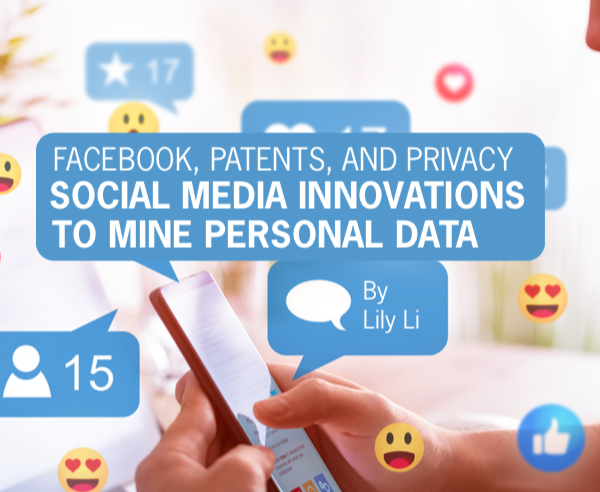CALIFORNIA’S SOCIAL MEDIA TRANSPARENCY LAW
Image by Pixelkult from Pixabay.
Disclosure Obligations, Hate Speech & AG Reports
Legislators across the United States have been grappling with how to regulate social media companies. In Texas, the 5th Circuit upheld a law limiting how social media platforms can moderate content.[1] In Florida, a brief was filed asking the U.S. Supreme Court to reverse the 11th Circuit’s decision to strike down a law preventing how social media platforms can moderate users.[2] Now, with Governor Newsom signing AB 587 into law, California joins the legislative efforts.
Effective January 1, 2024, AB 587 imposes new disclosure and reporting obligations on companies operating social media platforms. A social media platform falls under the law if:
- The company operating the platform generated at least one hundred million in gross revenue during the preceding calendar year;[3]
- The platform is a “public or semipublic internet-based service or application”[4] with users “in California;”[5]
- A substantial function of the platform is to connect users to allow them to “interact socially” with each other in the platform;[6] and
- Users can:
In addition, the law does not apply to services or applications for which user interactions are limited to direct messages, commercial transactions, or consumer reviews of products, sellers, services, events, or places, or any combination thereof.[10]
Disclosure Obligations
A covered social media platform must disclose to users the existence and contents of the platform’s terms of service.[11] In addition, the terms of service must disclose:
Continue Reading CALIFORNIA’S SOCIAL MEDIA TRANSPARENCY LAW


